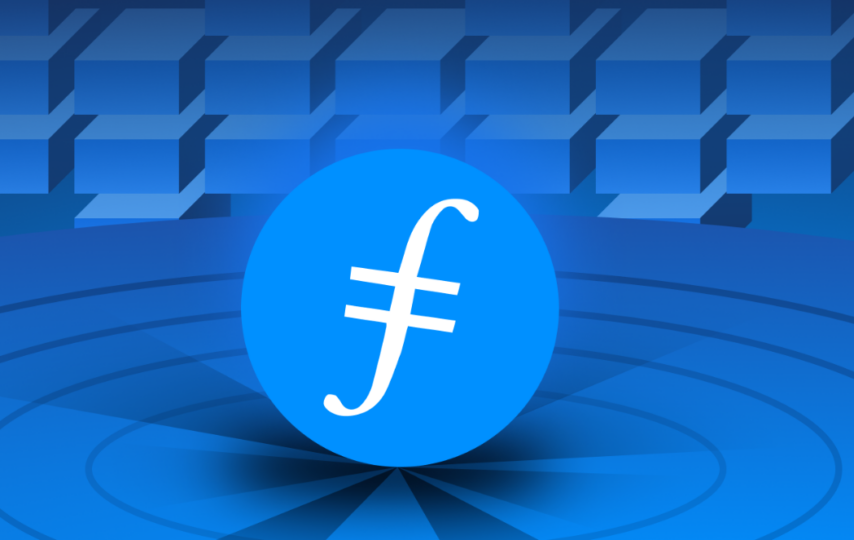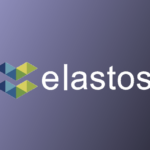In today’s digital age, the need for secure and reliable file storage solutions has become paramount. Traditional centralized storage systems have their limitations, such as vulnerability to hacks, single points of failure, and lack of transparency. Enter Filecoin, a groundbreaking technology that leverages the power of blockchain to provide decentralized file storage like never before. Bitcoin trading, you may consider using a reputable trading platform like visit The Official site
What is Filecoin?
Filecoin is a revolutionary decentralized storage network that operates based on blockchain principles. It provides users with a secure, efficient, and decentralized way to store, retrieve, and share data. At its core, Filecoin leverages the InterPlanetary File System (IPFS), which is a peer-to-peer protocol designed to store and share files across a distributed network.
Unlike traditional centralized storage systems where data is stored on a single server or a limited number of servers, Filecoin utilizes a decentralized approach. When a user uploads a file to the Filecoin network, the file is divided into smaller encrypted pieces called “file shards.” These file shards are then distributed across a vast network of storage miners who contribute their unused storage space and computing resources.
Storage miners on the Filecoin network compete to provide storage services by submitting bids in Filecoin cryptocurrency. The bids reflect the amount of storage space they can offer and the price they charge for their services. The Filecoin blockchain validates and records these bids, ensuring transparency and integrity in the storage marketplace.
Once a user selects a storage miner and agrees to the terms of the storage contract, the file shards are distributed and stored across multiple miners’ devices. This redundancy enhances data durability and availability since the loss or failure of one storage node does not result in permanent data loss. Users can retrieve their files by accessing the corresponding file shards from the network.
Filecoin incorporates economic incentives to ensure the reliability and performance of the network. Miners are rewarded with Filecoin tokens for storing and providing access to files. The more reliable and efficient a miner’s services are, the more rewards they can earn. On the other hand, miners who fail to meet their commitments may face penalties, including the potential loss of their staked tokens.
By leveraging blockchain technology and the power of a decentralized network, Filecoin offers a scalable, secure, and cost-effective solution for storing and sharing data. It provides individuals, organizations, and developers with a reliable infrastructure to meet their storage needs while maintaining data privacy, security, and control.
How Does Filecoin Work?
Filecoin operates on a simple yet powerful premise: users can rent out their unused storage space and earn Filecoin (FIL) tokens in return. These tokens can then be used to purchase storage from other participants in the network, such as Bitcoin Era which is an online trading platform. This peer-to-peer model ensures that files are distributed across multiple nodes, eliminating the risk of a single point of failure.
To guarantee the integrity and availability of stored data, Filecoin incorporates a unique proof-of-replication and proof-of-spacetime consensus mechanism. These mechanisms ensure that network participants store data reliably and continuously over time. Additionally, Filecoin introduces a decentralized marketplace where storage providers can compete, driving down costs and improving overall efficiency.
Benefits of Filecoin
Filecoin offers several compelling advantages over traditional centralized file storage solutions:
Decentralization: By leveraging blockchain technology, Filecoin eliminates the need for a central authority, distributing files across a vast network of nodes. This ensures that files remain accessible even if individual nodes go offline.
Security: With Filecoin, files are encrypted, split into smaller pieces, and distributed across multiple nodes, making it extremely difficult for unauthorized access or data breaches to occur. The decentralized nature of the network adds an extra layer of protection against attacks.
Reliability: Traditional centralized storage systems are susceptible to data loss in the event of hardware failures or natural disasters. Filecoin’s distributed network ensures redundancy and high availability, reducing the risk of data loss and ensuring files are always accessible.
Cost-Effectiveness: The decentralized marketplace on Filecoin encourages competition among storage providers, leading to more competitive pricing for storage services. Users can choose from a variety of options that best suit their needs and budget.
Use Cases of Filecoin
Filecoin has a wide range of potential use cases across various industries:
Enterprise Storage: Businesses can leverage Filecoin to store their critical data securely and reliably, ensuring business continuity and data integrity.
Content Distribution: Content creators, such as artists, musicians, and filmmakers, can use Filecoin to distribute and monetize their digital content directly to their audience, bypassing traditional intermediaries.
Archival Storage: Institutions like libraries, museums, and archives can utilize Filecoin to store and preserve valuable historical documents, artworks, and other digital assets securely.
Decentralized Applications: Filecoin’s decentralized storage capabilities can be integrated into decentralized applications (dApps), enabling developers to build a new generation of applications that prioritize data privacy and security.
Conclusion
Filecoin represents a significant leap forward in the realm of decentralized file storage. By harnessing the power of blockchain and distributed networks, Filecoin provides a secure, reliable, and cost-effective solution for storing and sharing data. Its innovative approach has the potential to revolutionize how we store and manage digital assets, ensuring a more resilient and decentralized future.








